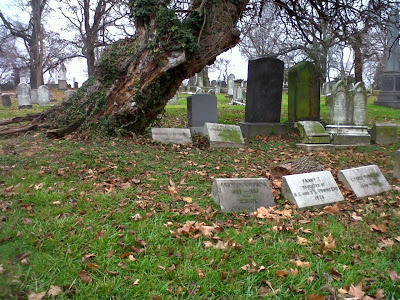Reviewing Elizabeth Gilbert and The Signature of All Things in the Chicago Tribune

Readers of this blog have no doubt noticed that my reflections on books here have lately been few and far between. I promise to ease away from that deficiency as soon as client and literary deadlines lift.
But in the meantime, I'm privileged to share today my review of Elizabeth Gilbert's breathtaking, fiercely alive historical novel, The Signature of All Things, which I read on behalf of the Chicago Tribune. The review starts like this, below, and carries forward here.
The photo above is of The Woodlands, a slice of land upon which much of the action in this novel takes place.
Success is a glory, a phenomenon, a sly intoxication. It is also a
haunting, a probable curse. For how is one to dream beyond the answered
dream? How might one recalibrate the very idea of ambition? Write again
with urgency? Success is binding and so, too, is historical fiction. All
those facts to get right. All those anachronisms to guard against. All
that information. Writers of historical novels must be endlessly
curious, and fierce. They must engage the reader on every page and win
the battle against asphyxiating doubt. If Elizabeth Gilbert, known until
now for her mega-memoir “Eat Pray Love,” was ever haunted by any of
these questions, her raucously ingenious new novel, “The Signature of
All Things,” has shoved any doubt in the closet and bolted the door.
“Signature” is not just an historical novel that spans two centuries and
many geographies. It's a 500-page novel of ideas — a book about
universal biological theory, the study of moss, the cultivation
of quinine, the painting of orchids and the people who do these things
with passion.




Published on September 27, 2013 06:15
No comments have been added yet.



